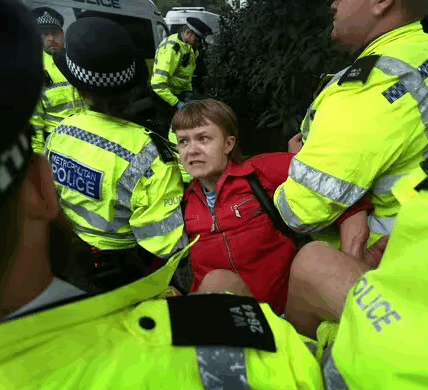Drivers could face a new mileage-based tax under Treasury plans to replace falling fuel duty revenues.

Rachel Reeves could soon introduce a pay-per-mile tax (Image: Getty)
Thousands of drivers could soon be paying a new pay-per-mile car tax scheme under plans expected to be unveiled in the upcoming Budget, as the Treasury seeks to plug a growing gap in fuel duty revenue.
According to reports, Chancellor Rachel Reeves is preparing to announce a scheme that would see electric car owners charged 3p per mile, with the policy due to take effect from 2028 following a public consultation. The move could add around £250 a year to the average electric driver’s costs.

Electric car owners could be charged 3p per mile, (Image: Getty)
A 3p per mile charge could see drivers paying an extra £3 to travel one-way between Cambridge and Oxford or up to £12 more to go between London and Edinburgh. The proposal is part of a broader effort to address the billions of pounds in tax revenue lost as more motorists switch from petrol and diesel vehicles to electric alternatives.
However, the move would be one of the biggest motoring shake-ups in history after years of speculation that road pricing could be introduced. It is believed the new concept would generate an extimated £1.8billion by 2031, three years into the scheme. The Treasury estimates that as many as six million people will be driving electric vehicles by the time the charge begins.
Under the current plan, EV drivers would declare their estimated mileage each year and pay a corresponding fee, similar to how Vehicle Excise Duty (VED) is collected. Motorists who drive fewer miles than estimated would have the difference carried forward, while anyone exceeding their estimate would be required to pay a top-up.
However, the proposal is likely to spark political and public debate. Critics warn it could open the door to wider pay-per-mile taxation and raise questions about enforcement. Although ministers have ruled out mass electronic tracking of vehicles, the system may require verification of mileage readings, potentially using odometer photographs.The Drivers and Vehicle Licencing Agency (DVLA) is expected to oversee the new charge with further details expected soon.
Officials have described the initiative as “VED+”, intended to make road taxation more equitable between electric and petrol drivers. The Government is expected to argue that the measure represents fairness, as drivers of petrol cars currently pay around £600 annually in fuel duty on average.
Industry figures have long debated road pricing reforms as electric vehicle adoption increases. Fuel duty, which has remained frozen for over a decade, remains one of the Treasury’s most significant sources of income. By 2040, officials estimate that declining petrol and diesel use could cost the Exchequer £12 billion annually in lost revenue.
While the new tax could help stabilise public finances, it risks dampening enthusiasm for electric vehicles, especially as motorists already face higher purchase prices and concerns about charging infrastructure. The Treasury has not commented on the Budget speculation, but with the announcement due on November 26, all eyes will be on how the government balances environmental goals with fiscal realities.
However, the updates may not end there, with suggestions that this could be part of a wider package of measures to support the EV sector is also set to be adopted as part of a drive to encourage people to switch to electric models.


